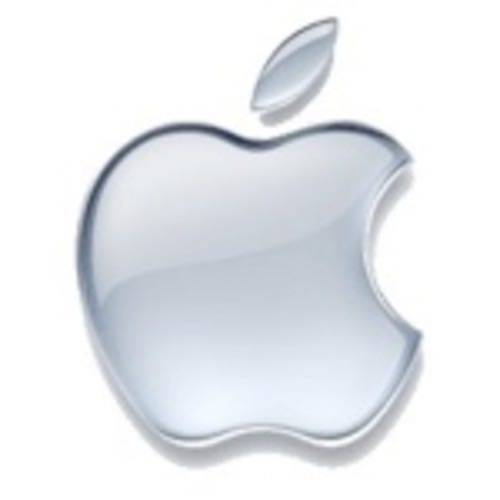New rules governing how iOS apps handle in-app purchases went into effect on June 30, and the date passed without much fanfare and seemingly without much compliance from many apps that continued to offer content for sale. These apps included e-reader apps with links to their associated online bookstores, as well as a variety of others that offered users the ability to subscribe or make purchases.

But over the weekend, updates were issued for many e-reader apps, removing links to their bookstores in order to comply with Apple’s new rules. These stipulate that Apple receive a 30% cut from in-app purchases and subscriptions, something that many publishers balked at, contending that that cut was too high.
When the new policy was announced back in February, one of the first apps to run into trouble was Sony’s e-reader, which was rejected as it contained a link to the Sony Reader Store. But for apps already in the iTunes App Store – the Kindle app, the Nook app and so on – the links and the ability to buy books remained. Until this weekend.
One by one, it appears that most of the major e-reader apps have now complied: Kobo, Borders, Nook Kids, and finally this morning, the Kindle apps have all been updated with links to their respective stores removed.
The Google Books app, however, was removed from the store entirely, for reasons that weren’t clear. But the app is now available to download again.

Usability Issues
Users will still be able to access their purchased content via these apps. But in order to buy new e-books, they’ll have to go through Safari directly, rather than see those apps open the browser directly to the store, as they used to.
The changes are causing some usability issues. Martin Taylor from ActivityPress reports that books he’d purchased via the Safari mobile browser would not open in the Kobo app. Instead, he was prompted to open the newly downloaded file with either the Bluefire or OverDrive apps, both of which handle DRM-restricted content.
The major booksellers like Amazon and Barnes & Noble might not suffer from these changes or from new usability issues. Customers are likely accustomed to using the Web to buy content from them already and the Kindle does allow users to download content wirelessly regardless of where they purchase the e-book. But these usability issues might be a bigger problem for a company like Kobo.
In the meantime, you can always opt not to upgrade your e-reader apps as doing so seems to keep those bookstore links functioning – for now.

















